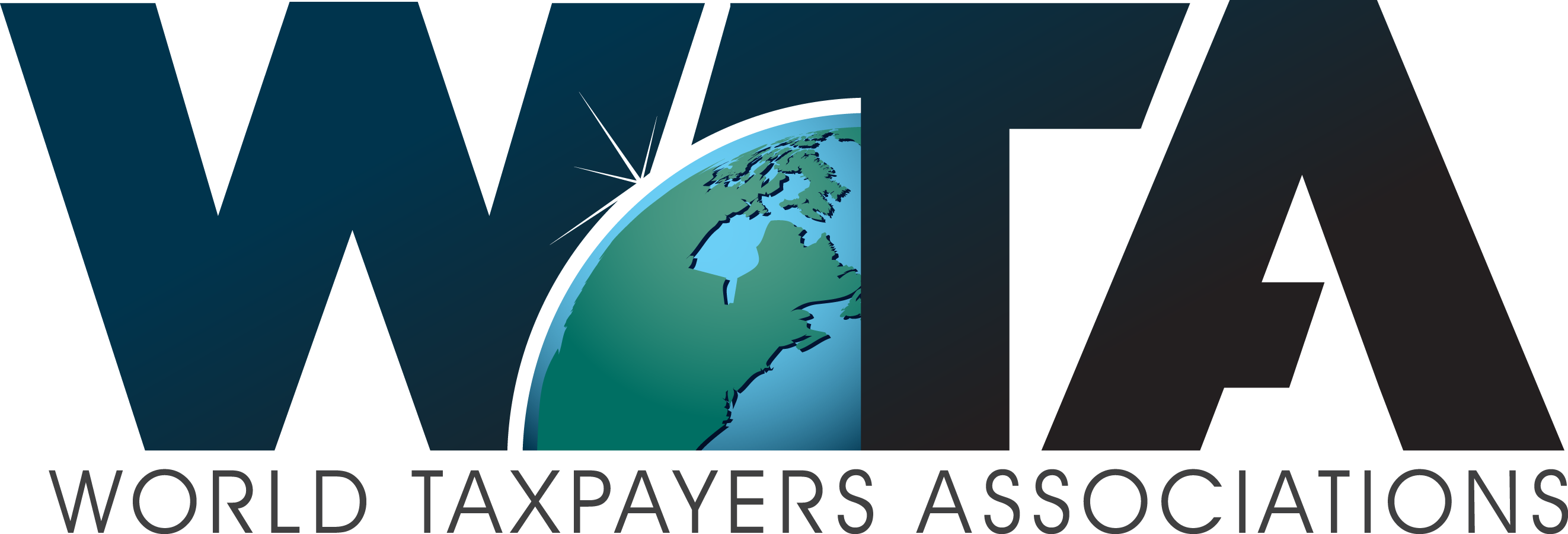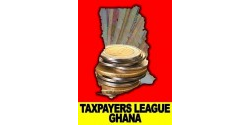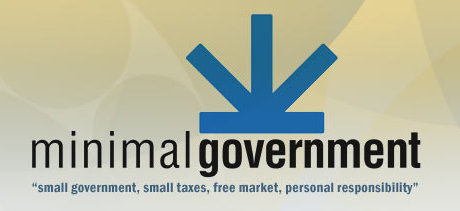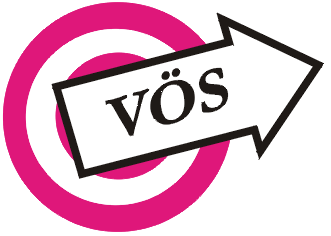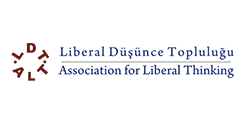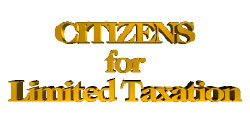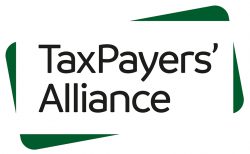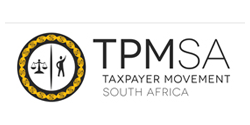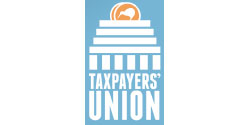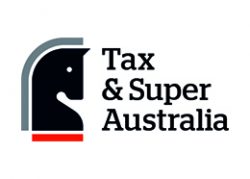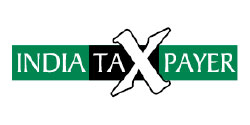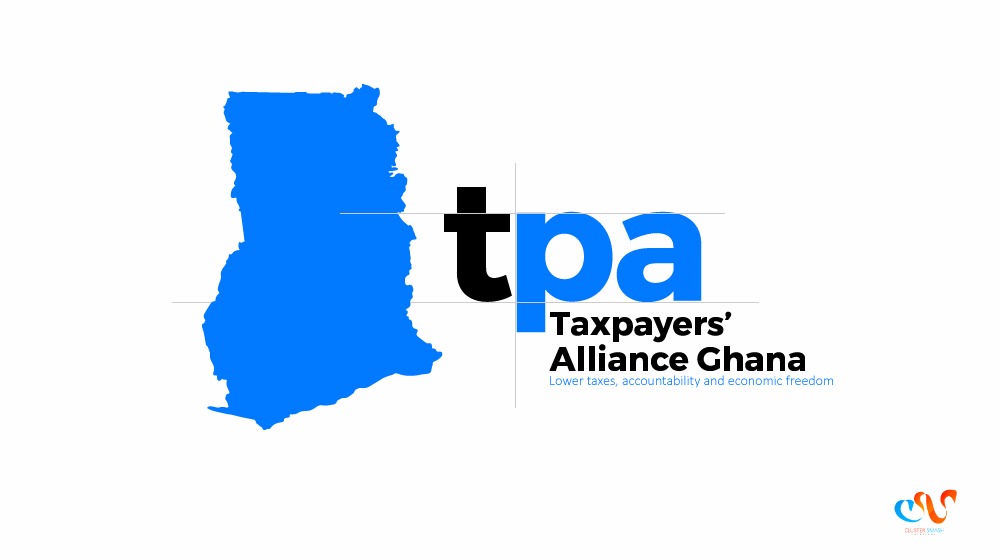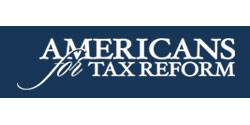Separating Economic Sense and Nonsense
ANALYSIS/OPINION:
Why is it that many politicians and journalists can quickly grasp the idea that if the tax on cigarettes or soft drinks with sugar is increased, the demand for them will decline, but seem unable to understand that increasing a tax on labor, like a mandated increase in the minimum wage, will cause a decline in the demand for labor, leading to higher unemployment?
A number of years ago, I was on a European speaking tour with a couple of other economists. One had received a Nobel Prize in economics. He was exceptionally smart, a math whiz, and a most pleasant fellow. Among his many accomplishments, he developed investment models with others, which were used to forecast. One of the forecasts had turned out to be spectacularly wrong and costly. When chatting with him about the matter, I realized that the problem was the number of years of data they used was too few (more years of the necessary data were not available at the time) to give them the level of certainty they thought they had. In our conversations, I also came to understand that he had done only limited reading in economic history (it was not his field), and was unaware of various financial and monetary bubbles and crashes that have occurred over the last few centuries. Perhaps if he and his colleagues had been as well schooled in economic history as they were in applied mathematics, their risk assessments might have been different.
It is always disheartening to hear politicians propose policies that will not make citizens richer with more opportunities as claimed, but make them less wealthy with fewer options. Politicians who advocate for higher capital gains tax rates, higher taxes on the “wealthy,” higher inheritance tax rates, higher tariffs, more government spending and more regulations, fail to recognize, or admit, that all of this has been tried many times before, with disastrous results. They are either ignorant of economic history or are relying on the ignorance of the press and the people to buy such claptrap. Even more disconcerting are those economists who try to make an argument of why this time the outcomes from bad policies are going to be different — apparently to curry favor with the political and media class.
The high priests of many academic disciplines, with the intent of making it seem more difficult, create many unnecessary new words, when simple, commonly understood words in the English language will suffice in most cases. Economists have not only been guilty of that sin, but in recent decades, have developed the fashion of insisting that almost every academic article be expressed in mathematical terms, or at least have a mathematical appendix, even when totally unnecessary or inappropriate. The result has been that increasing numbers of economics students, both at the undergraduate and graduate level, have spent much of their time studying math rather than economic principles and history. In 2000, the noted economist Thomas Sowell wrote a very fine and well-reviewed introduction to economics, “Basic Economics: A Citizen’s Guide to the Economy,” proving that it was possible to write a clear, accurate and concise economics text without equations, graphs or jargon.
The great intellectual debate among non-socialist economists about the proper role of government during the last 80 years is largely between the followers of John Maynard Keynes and the Austrian school of economists led by F.A. Hayek and Ludwig von Mises, and their frequent Chicago school allies led by Milton Friedman. The great tragedy is many economic students graduate without knowing who Friedman and Hayek were, let alone their contributions to economic thought. Prime Minister Margaret Thatcher and President Ronald Reagan were fans and disciples of Hayek, while many big-government types tend to be Keynesians. Without understanding the substantive debate between these two conflicting visions, it is hard for members of the press and the political class to present coherent thoughts on many public policy issues.
For those wishing to acquire basic economic literacy without the technicalities, I suggest the 2016 edition of short classic bestseller for non-economists, “Common Sense Economics: What Everyone Should Know About Wealth and Prosperity,” by James Gwartney and others. Again, for those who have no background in economics but would like to learn about money and the great bubbles and panics of the past, I recommend the very entertaining bestseller, “The Ascent of Money: A Financial History of the World,” by the distinguished historian Niall Ferguson. This book was adapted for an Emmy Award-winning PBS documentary. Finally, the single best one-volume book on the history of economic thought — both entertaining and dense in useful information, and now in its third edition — is Mark Skousen’s “The Making of Modern Economics: The Lives and Ideas of the Great Thinkers.” The above books provide what one needs to distill the sense from the nonsense about economics coming from the media and political class.
